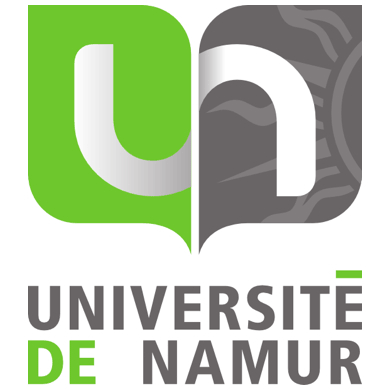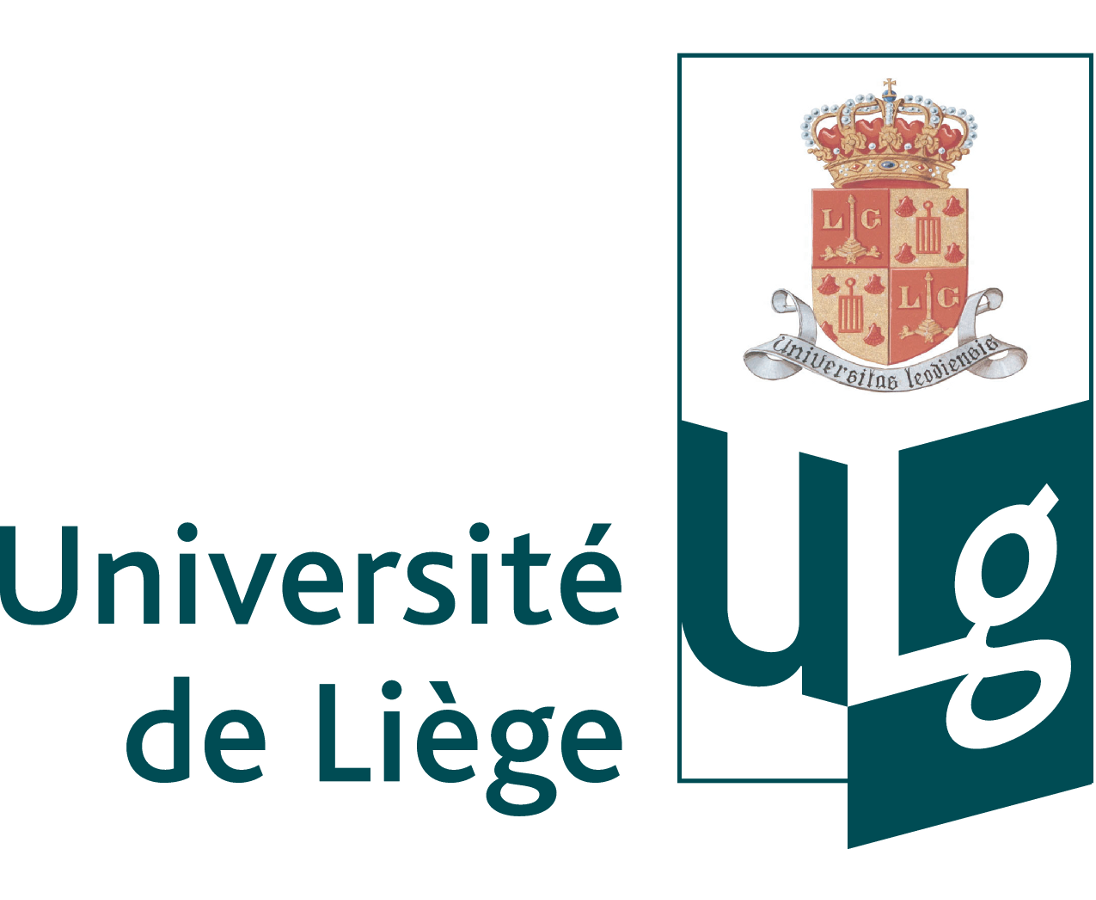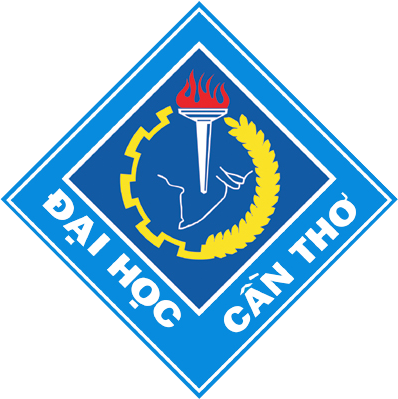Activites
The project is organized around five sets of activities leading to five results:
- A first series of scientific research activities (including pre-selection of promising plant species and extracts, in vitro and in vivo laboratory tests and validation tests in fish farms) will lead to the determination of a list of plant extracts with demonstrated effects on fish health and a potential to be used as instruments of an alternative strategy to the overuse of antibiotics or other undesirable chemicals (R1).
- A second package of scientific research (based on the same plant extracts as those selected above for R1) will provide an evaluation of their effects on important aspects of fish flesh quality (R2). This will help take those criteria into account in the recommendations to be proposed primarily for fish health purposes. Secondarily it can also help provide a response to any specific demand on fish flesh quality issues.
- Based on the results and conclusions produced by the researches mentioned above (R1, R2) additional studies will determine the most feasible (technically and economically), acceptable and promising strategies (or actions/action plans) that can be recommended for subsequent steps leading to broad-scale field application (R3).
- In addition to the dialogue with stakeholders that will be necessary to assess the feasibility and acceptability of the recommendations (R3) communication activities will be carried out to inform the potential users or key stakeholders and to ensure scientific networking and publications (R4). Communication with the sector includes both general information and more targeted and specific information for the implementation of the recommendations.
- Additional research with delayed application (characterization of bio-active molecules) will also contribute to Ph D graduation and to the capacities of the university to produce new applicable research results in the future. With most activities carried out in the other project components (mainly but not only R1 and R2) this will strengthen the capacities of Can Tho university to conduct further research in the same area (R5), which is crucial for the sustainability of the project.




